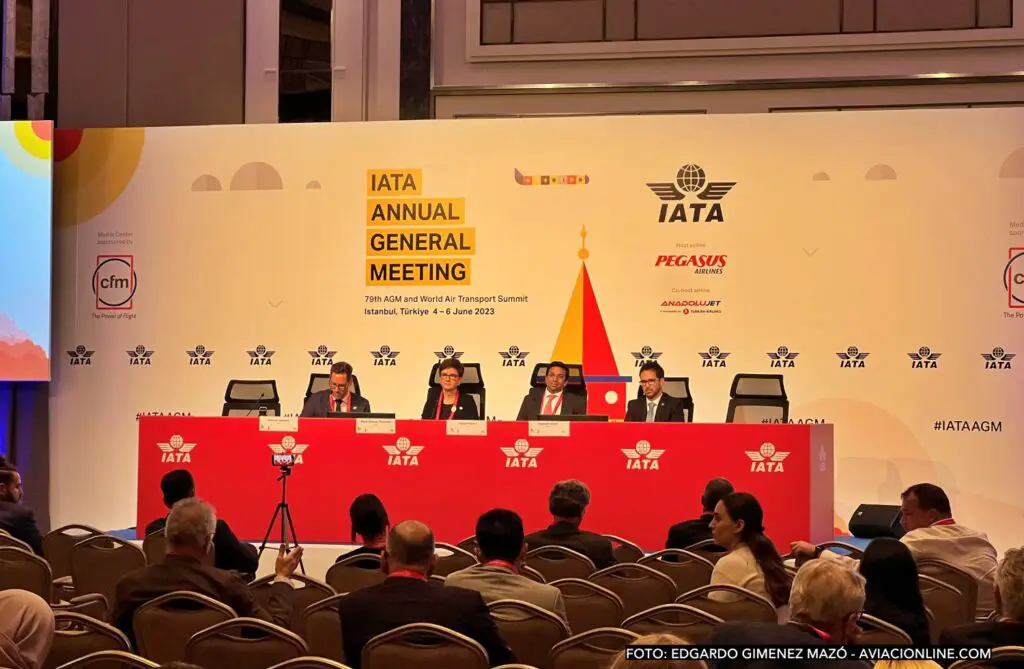IATA has released a series of roadmaps aimed at establishing key actions and dependencies for the aviation sector to achieve net zero carbon emissions by 2050. According to IATA, these strategies focus on areas such as aircraft technology, energy infrastructure, operations, financing, and policies.
IATA points out that, following the adoption of a Long-Term Aspirational Goal (LTAG) at the 41st Assembly of ICAO, governments and the industry are aligned to reach the goal of net zero CO2 emissions by 2050. Willie Walsh, Director General of IATA, indicated that these roadmaps are the first detailed assessment of the steps necessary to accelerate the transition to carbon neutrality.
The roadmaps were developed from a collaborative review, and with the support of a modeling tool provided by University College London (UCL), to calculate emission reductions for each technology.
The proposed strategies include:
1. Aircraft Technology: focusing on the development of more efficient aircraft and engines, powered by sustainable aviation fuel (SAF), hydrogen, or batteries.
2. Energy and New Fuels Infrastructure: centered on fuels and infrastructure necessary for aircraft powered by SAF or hydrogen.
3. Operations: identifying opportunities to reduce emissions and improve energy efficiency through improvements in the operation of existing aircraft.
4. Policy: underscoring the need for globally aligned strategic policies to provide incentives and support to the aviation industry in its transition towards a net zero future.
5. Finance: providing a framework for financing the $5 trillion needed for aviation to achieve net zero by 2050.
Marie Owens Thomsen, SVP of Sustainability and Chief Economist at IATA, highlighted the importance of these roadmaps, stating that «they show where all stakeholders should focus their efforts. By 2050 we need to be at net zero carbon emissions. The steps to get there will evolve as the industry’s expertise grows.»
Owens Thomsen also emphasized the importance of proper incentive policies and bold investments, indicating that without these, many technologies and innovations will not occur on a large scale.
Finally, Professor Andreas Schafer, Director of the Air Transport Systems Laboratory at UCL, stressed that time is of the essence and immediate action is required to commercialize scalable zero-carbon energy storage solutions.
Documents
The following links allow you to download each roadmap:














